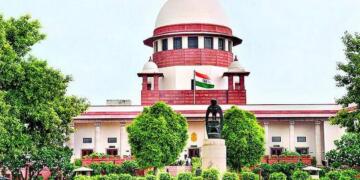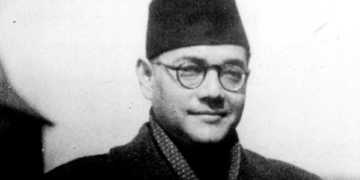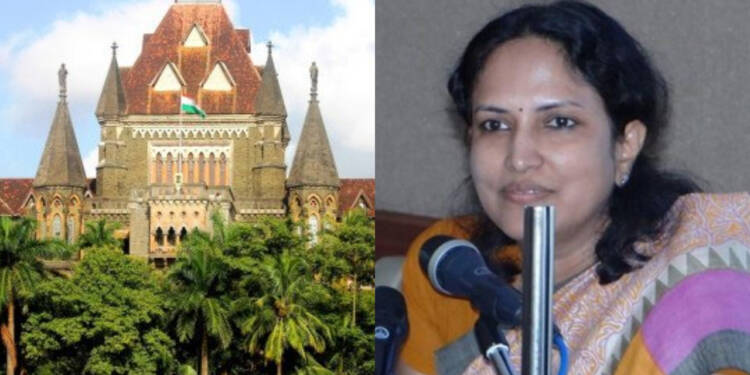After making a hattrick of controversial decisions by acquitting accused persons under the Protection of Children from Sexual Offences (POCSO) Act, Justice Pushpa Ganediwala has started to face criticism. According to news reports, Supreme Court Collegium has taken a decision regarding Justice Pushpa. The Collegium has put the appointment of Justice Ganediwala as a permanent judge of the Bombay High Court on hold. Currently, she is serving as an additional judge on the Nagpur bench of the Bombay High Court.
The three-member Collegium headed by Chief Justice of India, SA Bobde, and also comprising Justices NV Ramana and Rohinton Fali Nariman decided to recall its January 20 recommendation made to the Central government to make Justice Ganediwala a permanent judge.
It was on January 14 that Justice Ganediwala gave first of three decisions that brought the spotlight on her. In the Jageshwar Wasudeo Kawle v. State of Maharashtra case, she reversed a conviction order after noting that there was nothing supporting the prosecution’s case for rape.
On January 15, she held that the act of holding hands of a minor or the zip of the pants of the accused being open at the relevant time does not amount to sexual assault as defined under Section 7 of the POCSO Act.
As reported by TFI, the last judgment passed on January 19 presumably was the last straw for Justice Ganediwala as she remarked that there must be “skin to skin contact with sexual intent,” for an act to be considered sexual assault. Long story short, touching a minor girl’s breast without removing the top wouldn’t be considered sexual assault but would be regarded as outraging the modesty of a woman under the Indian Penal Code (IPC).
Justice Ganediwala’s ruling in the case was later stayed by the Supreme Court bench headed by CJI SA Bobde after Attorney General KK Venugopal mentioned, “It is a very disturbing conclusion (by Bombay High Court).”
However, while Justice Ganediwala’s decisions reek of narrow-mindedness and lack of competency — it is not the fault of the Judge as the POCSO Act seems pretty archaic in its definition of what constitutes a sexual assault.
The outrage is justified but it should be diverted towards amending the POCSO act which was passed in 2012 and has such a vague definition. In criminal law, a strict interpretation of any written statute is required and Justice Ganediwala hasn’t crossed any lines if we go by the interpretation of the law.
Justice Ganediwala should not be made a scapegoat for the glaring deficiencies in the POCSO Act. The POCSO Act defines sexual assault as when someone “with sexual intent touches the vagina, penis, anus or breast of the child or makes the child touch the vagina, penis, anus or breast of such person or any other person, or does any other act with sexual intent which involves physical contact without penetration is said to commit sexual assault”.
Justice Ganediwala, who will turn 52 in March, has had a long tenure of 10 years as a judge and some of her rulings have been significant and path-breaking.
Ganediwala was part of a bench that headed a significant ruling by highlighting that parole is limited right available to prisoners, and not merely an administrative decision. Notably, the Court has also struck down a provision that had barred convicts in Maharashtra from seeking multiple paroles in a year.
According to News18, in September 2020, Ganediwala and along with a fellow judge heard a case concerning the shortage of available hospital beds and treatment facilities for patients with Covid-19 in Nagpur, Maharashtra, and directed the State Government of Maharashtra to make available sufficient staff and facilities for treatment.
Targeting Justice Ganediwala might be bad for optics because her track record has been phenomenal and the three judgments she has made stand the test of the law. The SC collegium should take a rational approach, not swayed by the overcharged public sentiment, and try to work the chinks present in the POCSO Act, which to begin with, is the root cause of the controversy.





























Will this lady judge not use her brain – or is she there to just read the law as written in POCSO act ?
The Court has to be absolutely specific and follow the writ of the law. There cannot be any ambiguity, loose interpretation or creative license taken by the bench in rendering judgement. Such actions lead to challenging the court as well as set a very dangerous precedent.
Amend the law. Do not punish a judge for following the letter of the law.